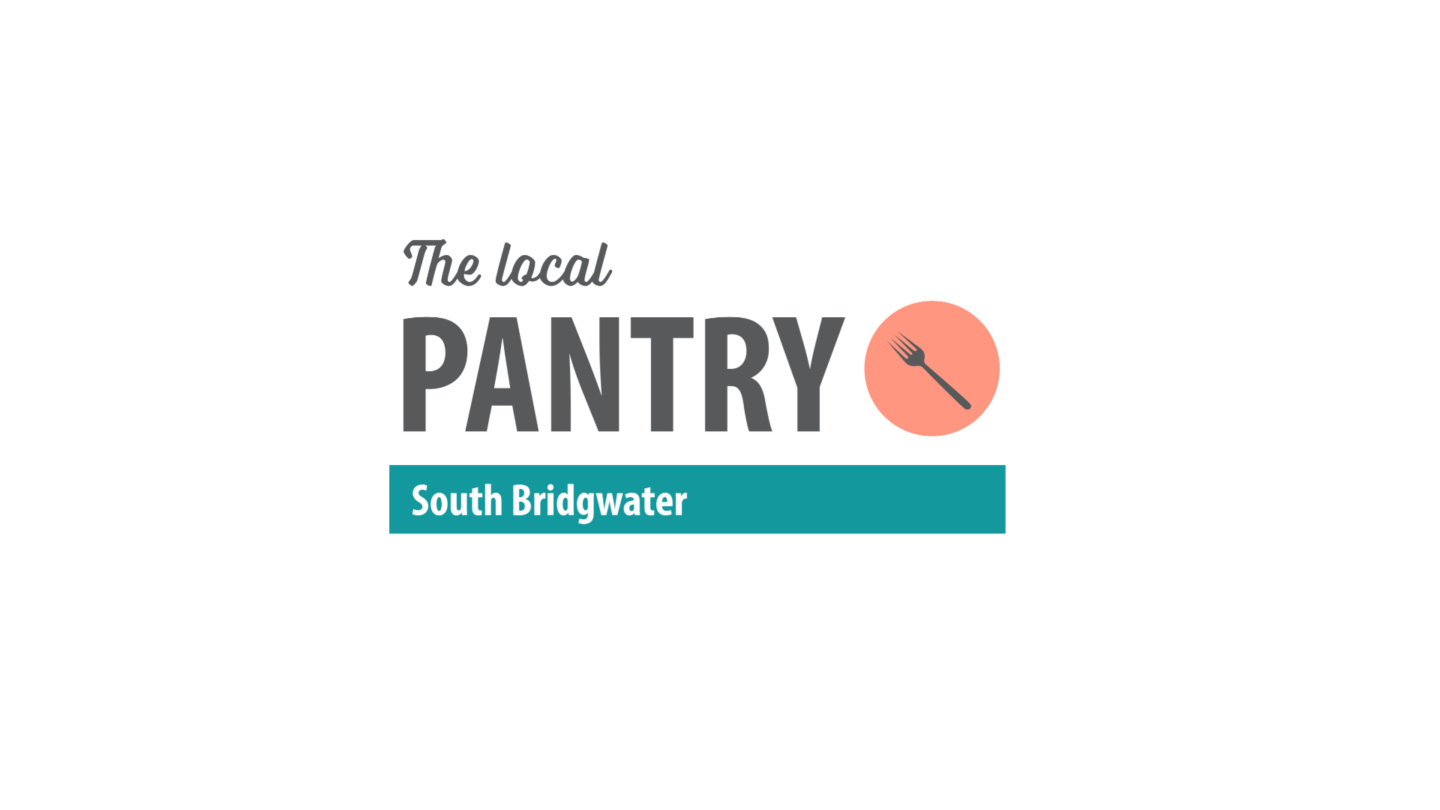On 25th November 2020, the South Bridgwater Pantry opened its doors for the first time.
Fast forward to 2022, and they have 50 members, up from 30, and have helped 183 households. Many of these families have gone on to support themselves or into paid work. South Bridgwater Local Pantry was the second in the county and now there are six, with a further six due to open before March 2023.
The Local Pantry model is simple and experts, Helen and Emmaline, (employed respectively by Somerset West and Taunton and Sedgemoor District Councils) know exactly what’s needed to ensure this important source of support is successful and sustainable.
First, they identify a charity or community group that’s already providing services or are keen do to so. Once on board, Helen or Emmaline will provide the group with seed funding, advice, and training so they are able to set up and run their own Local Pantry. They will also connect them to one of FareShare South West’s weekly van routes…and go!
All pantries must adhere to the same core values of open membership to local people, using surplus food and offering signposting to other services. They also need to follow appropriate food safety processes, but otherwise each individual team has ownership of how their Local Pantry runs. Currently, the pantries are run almost exclusively by volunteers and volunteers and members all live less than 15 minutes from the pantry. This means they’re more likely to know each other and they understand what their community needs.
Membership is taken up by a wide range of people: Some are families, some live alone, and some are more interested in the reduction of food waste while others are keener on the great value membership offers. However, for all members it is hoped they see this as a weekly commitment, but not for life. Ideally members will stay with their Local Pantry for six-months.
“We encourage our members to sign up for just six months and in that time to take advantages of the support, information and ideas made available to them. Many of the ideas, especially recipes, will come from fellow members. By sticking to the six-month cycle, we can reach the growing number of people hoping to join, whether for environmental or financial reasons.
Members pay £3.50 per week to access from five to ten times that value in good quality food, that is surplus and quite probably would go to waste. While they are with us, they can talk to people from Citizens’ Advice, get support with their finances and even access healthcare. We’re not a food bank but when people have enough to eat, they are more able to make changes in other areas of their life.”
There’s no divide between volunteers and members either – Jenny registered as a member of the South Bridgwater Local pantry in 2020. She soon became a volunteer and progressed to the deputy leader role. Two years on and Jenny is still volunteering at the South Bridgwater Local Pantry but now as team leader, supporting her growing team of volunteers. She has taken advantage of other initiatives too. Under the 100 women first scheme, she was eligible for a new bike and can now better engage with other services without relying on public transport.
For Emmaline, an important objective is environmental – the pantries exist to reduce food waste and they do this by diverting surplus food to local people.
“Pantries are there to serve a positive purpose – reducing food waste, giving people access to new foods that might be too expensive to try, and building a sense of community where before there might have been none. People are getting together more, turning up early to meet and chat before we open. Community cohesion is just as important as monetary value. It just feels positive – a one-stop shop that nourishes mind, body and soul.”
What’s next for the South Bridgwater Local Pantry? Jenny and her deputy Terri have many ideas.
“We have recently tested out the idea of inviting members in for a hot drink before they collect their food, which was very popular. We are now planning our Christmas fayre and hope to have a members’ trip to the nearby Quantock hills.”
And for the Local Pantry Network, Helen added:
“We’ve created a replicable model of a low-cost food scheme with wraparound services. There is hopefully time and funding to launch a few more Local Pantries before my involvement ends, but the existing network already works well together, and I am sure they will continue to do so as they face new challenges and identify new opportunities. As long as there is surplus food in the food chain there will be a place for Local Pantries, which is good for the environment and our communities.”

